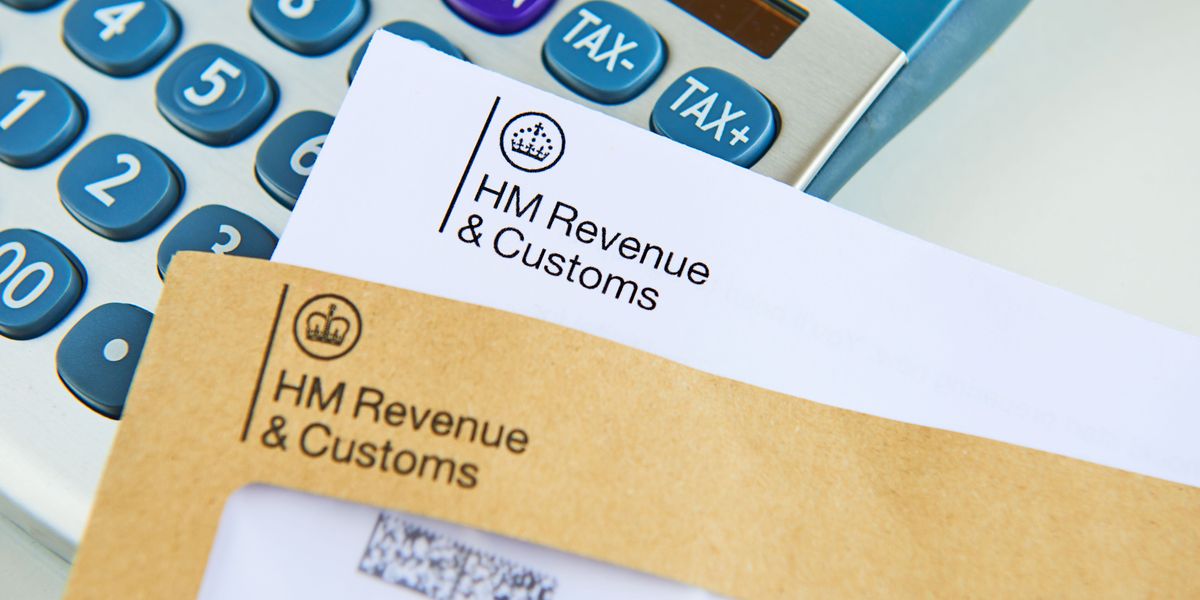



HMRC has acknowledged employing artificial intelligence technology to monitor taxtayers' social media activity.
The revelation marks the first occasion HMRC has confirmed such surveillance practices.
Tax officials scrutinise online posts featuring significant purchases or costly holidays that might indicate spending illegally exceeding declared income levels.
The technology analyses these posts alongside financial records and tax returns to identify potential discrepancies.
An HMRC representative confirmed the practice has been ongoing for several years and said the tools are deployed exclusively in criminal cases with "robust safeguards in place".
The spokesperson emphasised all surveillance activities comply with existing legislation.
The surveillance technology operates in conjunction with Connect, HMRC's sophisticated IT infrastructure that has been processing financial information for more than 10 years.
This system analyses vast quantities of data points to detect potential tax avoidance patterns.

HMRC has acknowledged employing artificial intelligence technology to monitor taxtayers' social media activity
|GETTY
Chancellor Rachel Reeves aims to recover £7billion from the nation's £47billion tax shortfall through enhanced identification of underpayments.
Recent documentation spanning 63 pages outlined proposals for AI deployment in routine taxation procedures, including automated messages prompting suspected evaders to settle outstanding amounts.
The technology's expanding role became evident when Labour modified the department's privacy statement in May, removing previous assurances about maintaining human judgement in tax determinations.
Parliamentary figures have expressed alarm about the technology's potential misuse.

Chancellor Rachel Reeves aims to recover £7billion from the nation's £47billion tax shortfall through enhanced identification of underpayments
|GETTY
Bob Blackman, Conservative MP, described the prospect of legal proceedings based on AI analysis as "draconian and very challenging to put it mildly".
Blackman warned: "You've got to have a check and balance. The risk is that AI gets it wrong and someone is pilloried it seems a bit strange if they start doing that with AI. Without a human check, you can see there's going to be a problem."
Sir John Hayes, who chairs the Common Sense Group of Conservative MPs and previously served as security minister, drew parallels with the Post Office IT disaster.
He said: "The idea that a machine must always be right is what led to the Post Office scandal. I am a huge AI sceptic."

HMRC is also developing AI as assistants for taxpayers and compliance staff
|GETTY
HMRC is also developing AI as assistants for taxpayers and compliance staff.
These tools alert users to potential errors in tax returns based on pattern recognition from other submissions.
Government insiders revealed that twelve technology firms have been approached to devise AI solutions targeting Britain's £46.8billion unpaid tax liability, much of which remains concealed in overseas accounts.
An HMRC spokesman maintained that "AI supports our processes but like all effective use of this new technology it has robust safeguards in place and does not replace human decision-making".
The representative added that increased AI utilisation would free staff from administrative duties to focus on taxpayer assistance.
